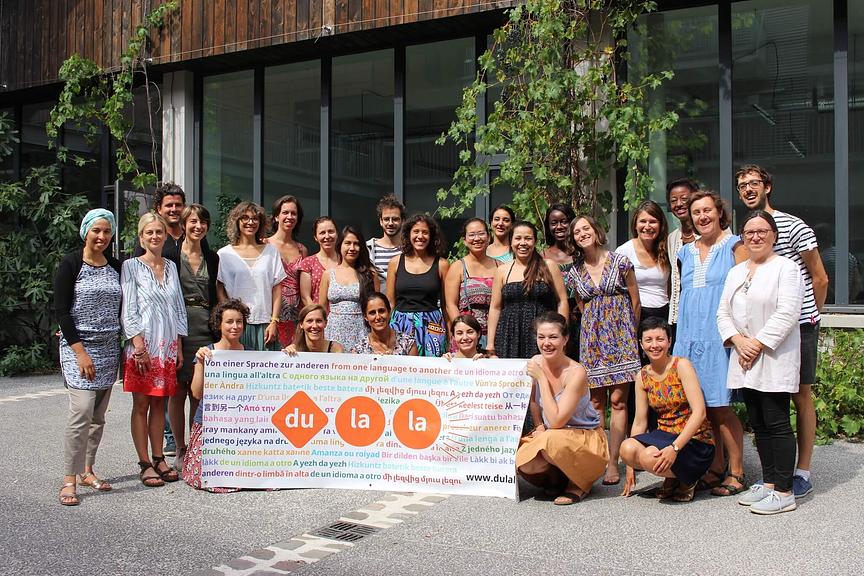Where it started...
It all started in a small school in an underpriviledged district of Paris. An Italian teacher, Anna Stevanato, had made an important observation: the native languages of pupils are all too often invisible at school. Notwithstanding, she realized that taking these into account and sharing them within the classroom context had tremendous positive effects as to better learning and improved “living together".
What we observe:
Structures in education are becoming more and more multilingual, notably because of the large number of immigrant children. Despite the emphasis placed on family languages and native tongues in different academic programmes, teachers and educators often feel powerless when faced with plurilingualism.
Research demonstrates that the language of a child is not an obstacle when learning French or any other foreign language. On the contrary, making welcome the native language within the child's everyday experience promotes learning, inclusion and an openness to the world.
What we do:
Since 2009, Dulala has helped over 8000 educational players to set up inclusive, plurilingual and intercultural education in order to meet the challenges of mixed schools in the 21st century.
How? Through innovative educational resources and both on-site and on-line training courses.
Dulala, as a training organisation, assists the different actors within the educative, cultural or social fields in the setting up of projects that are open to the many languages in play. In order to create useful practice and resources which are tested in the field, Dulala works with networks of researchers and with qualified professionals.
Our activities respond to 3 major societal challenges:
Allowing academic success through the development of language. This ability in language develops up to the age of 7 and stems from the various languages spoken within the family. These represent the child’s first experience of verbal communication. Highlighting these languages and encouraging their transmission contributes to the learning of French.
Participating in social cohesion by facilitating the construction of a stress-free plural identity. The latter develops through the reinforcement of self-confidence, in particular through the valuing of languages spoken within the family which constitute a sure landmark.
Fighting against discriminationtowards the mother tongue and towards the native speaker through the development of positive representation of diversity stemming from language awareness in Early Childhood.
More info: www.dulala.fr



